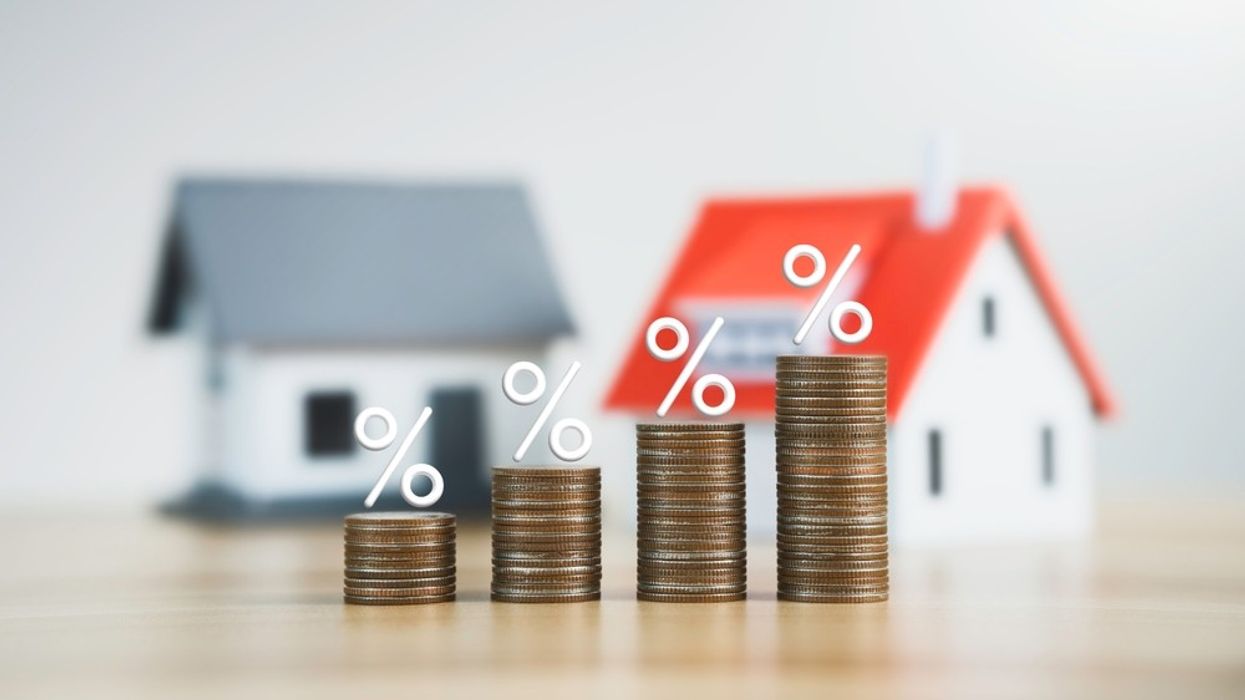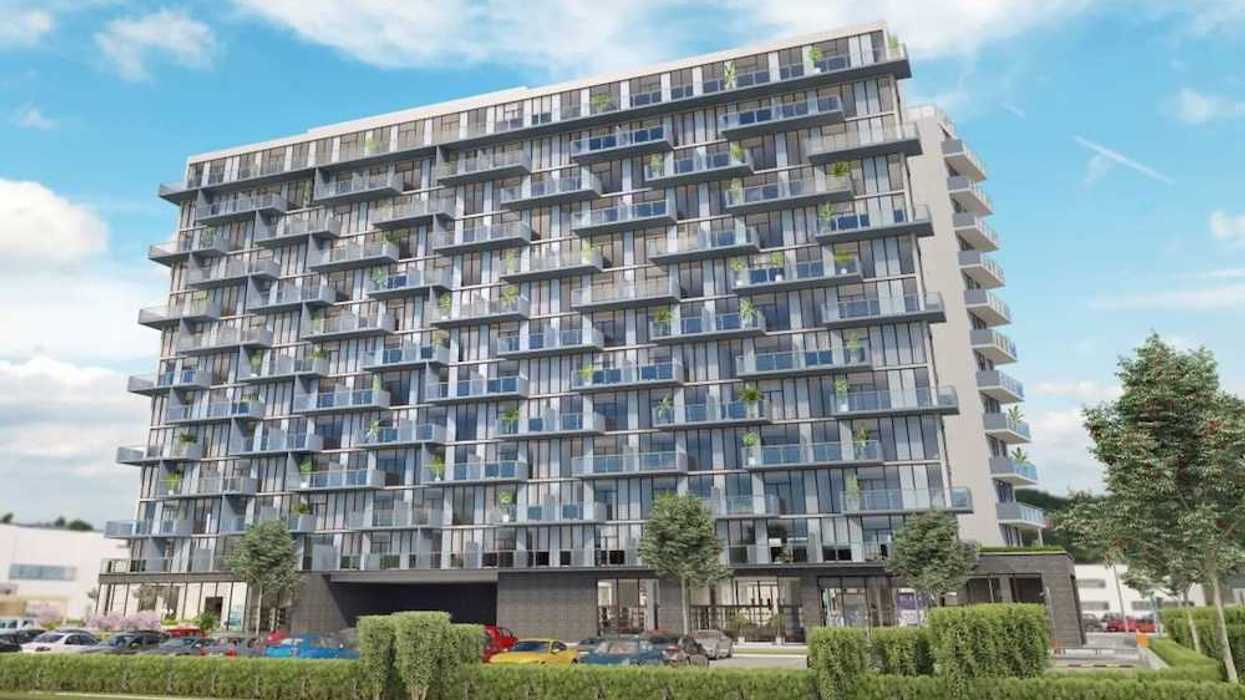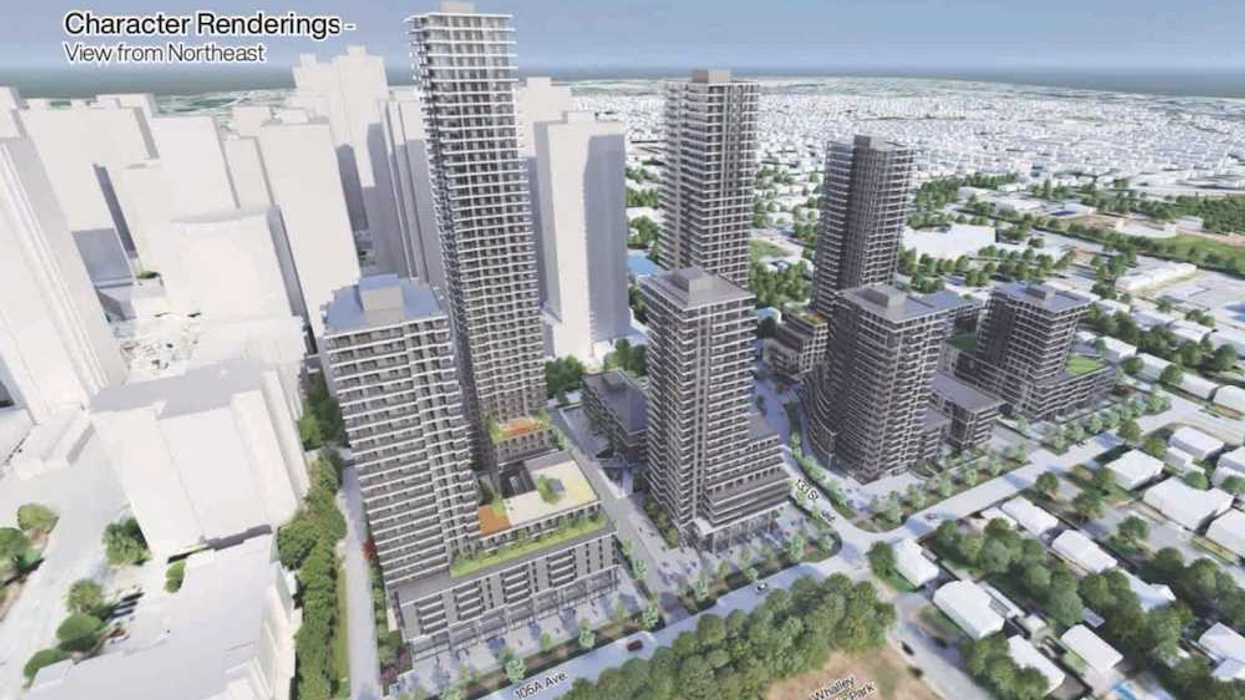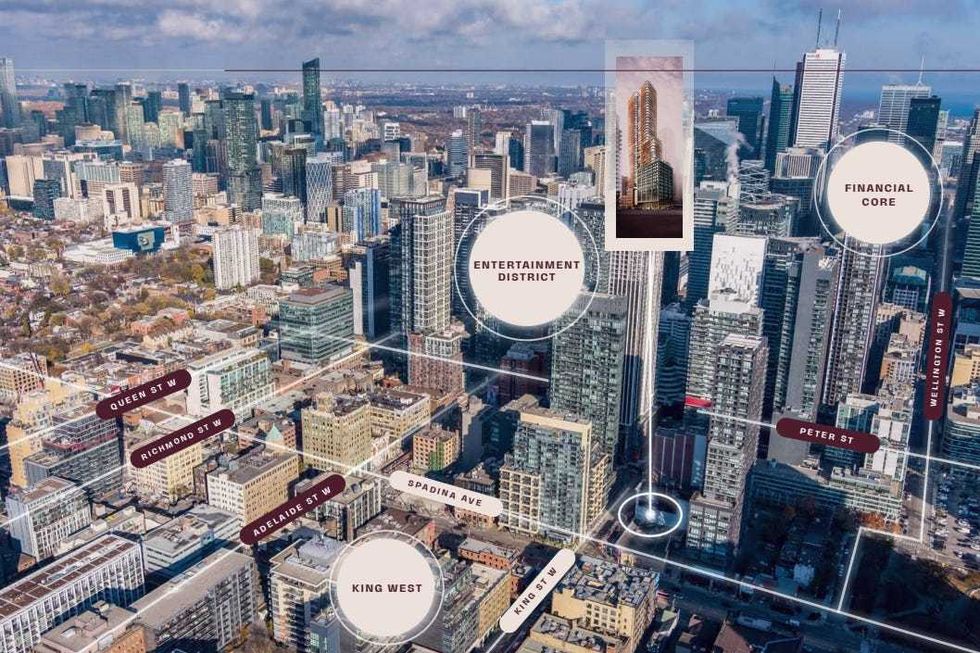Adjusted Cost Base
Understand adjusted cost base in Canadian real estate - how to calculate it, what it includes, and why it’s essential for minimizing capital gains tax.

June 06, 2025
What is Adjusted Cost Base?
Adjusted cost base (ACB) is the total amount paid to acquire a property, adjusted for expenses and improvements, used to calculate capital gains when the asset is sold.
Why Adjusted Cost Base Matter in Real Estate
In Canadian real estate, ACB determines the taxable capital gain on a property sale. It includes the original purchase price plus certain legal fees, renovation costs, and other eligible expenses.
Adjustments to the cost base may include:
- Purchase price
- Legal and appraisal fees
- Property improvements (e.g., additions, capital renovations)
- Selling expenses (e.g., commissions)
Accurately calculating ACB helps reduce tax liability and ensures compliance with Canada Revenue Agency (CRA) rules.
Understanding ACB is critical for investors, landlords, and homeowners selling secondary properties or rental units.
Example of Adjusted Cost Base in Action
After selling a rental property, the owner calculates the adjusted cost base by adding $20,000 in renovation costs and $5,000 in legal fees to the original purchase price.
Key Takeaways
- Determines capital gains on property sale
- Includes purchase price and improvements
- CRA requires accurate tracking
- Affects investor and rental property taxes
- Reduces taxable profit when properly calculated


 205 Queen Street, Brampton/Hazelview
205 Queen Street, Brampton/Hazelview







 CREA
CREA
 Liam Gill is a lawyer and tech entrepreneur who consults with Torontonians looking to convert under-densified properties. (More Neighbours Toronto)
Liam Gill is a lawyer and tech entrepreneur who consults with Torontonians looking to convert under-densified properties. (More Neighbours Toronto)

 401-415 King Street West. (JLL)
401-415 King Street West. (JLL)
 Eric Lombardi at an event for Build Toronto, which is the first municipal project of Build Canada. Lombardi became chair of Build Toronto in September 2025.
Eric Lombardi at an event for Build Toronto, which is the first municipal project of Build Canada. Lombardi became chair of Build Toronto in September 2025.